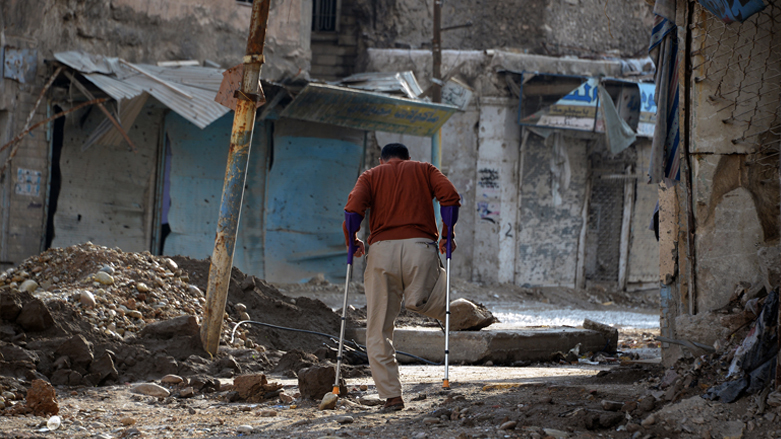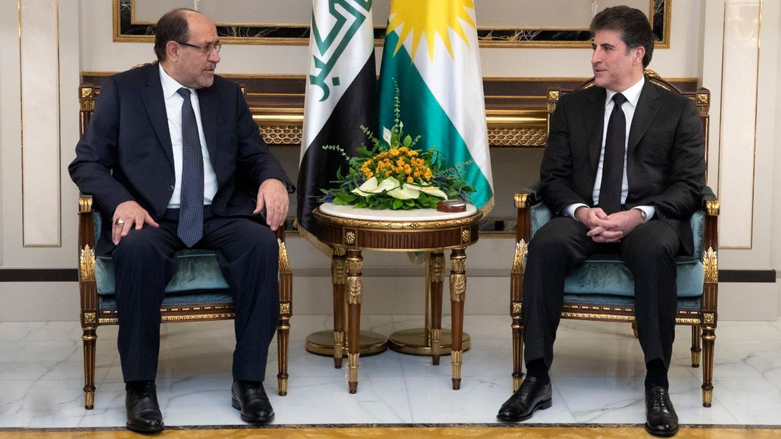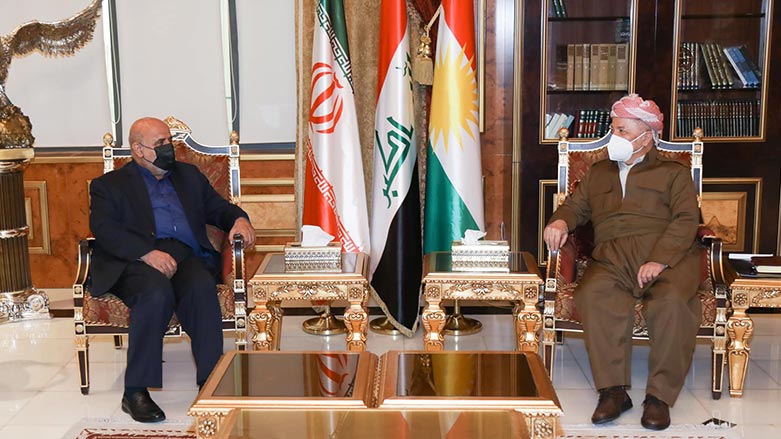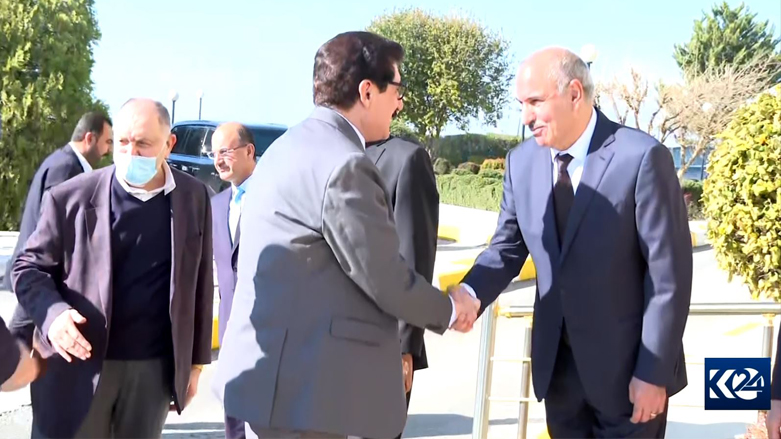Iraqis with disabilities face ‘discriminatory legislation and inaccessible polling places’ in election: HRW

ERBIL (Kurdistan 24) – Iraqis who are disabled will find it very difficult to cast their vote in the upcoming parliamentary elections “due to discriminatory legislation and inaccessible polling places,” Human Rights Watch revealed in a new report published on Thursday.
“Without urgent changes,” the rights monitor warned, “hundreds of thousands of people may not be able to vote” in the election.
The new report is 36 pages long and is titled, ‘No One Represents Us’: Lack of Access to Political Participation for People with Disabilities in Iraq. It charges that the Iraqi government has failed to uphold the rights of the country’s disabled.
“People with disabilities are often effectively denied their right to vote due to discriminatory legislation and inaccessible polling places and significant legislative and political obstacles to running for office,” the report said.
Belkis Wille, HRW’s senior crisis and conflict researcher, insisted that the Iraqi government needs to “ensure that polling places are accessible to all voters.”
She acknowledged that while steps like amending legislation could take time, “others are easy, and the Independent High Electoral Commission (IHEC) has no excuse to continue to fail to address accessibility.”
HRW interviewed 14 disabled Iraqis between January and August along with activists and IHEC staff for its report.
Citing the United Nation’s Committee on the Rights of Persons with Disabilities, HRW noted that after years of conflict and instability, Iraq is home to one of the largest populations of disabled people on the planet.
The report also noted that Iraqis with visual or hearing disabilities are not provided with aids such as Braille or sign language.
As part of its efforts to help the IHEC successfully implement the upcoming election, the United Nations Assistance Mission for Iraq (UNAMI) announced on Tuesday that it had hired a sign language interpreter to help Iraqi authorities reach out to deaf citizens.
Still, much more work needs to be done to make Iraq’s elections more inclusive for its sizeable population of disabled citizens.
“Countries financially supporting Iraq’s elections and monitoring missions, including those who have been part of the conflict, should ensure that they help make Iraq more accessible for people with disabilities, including its political system,” Wille said.



